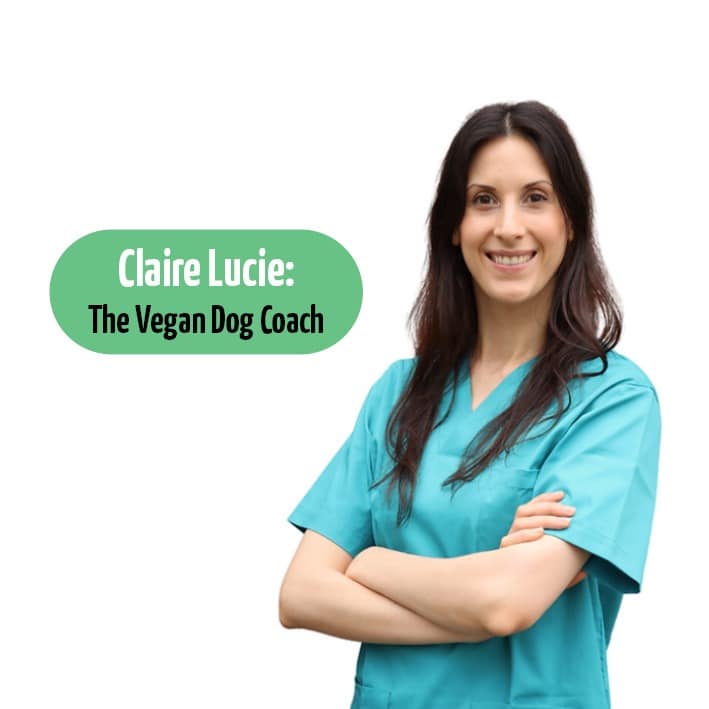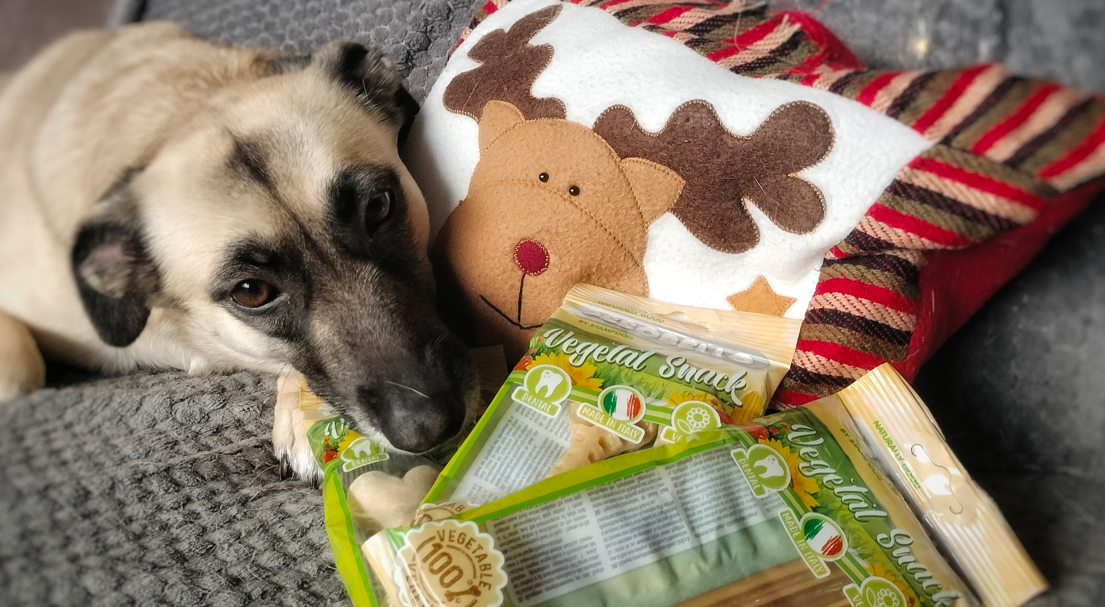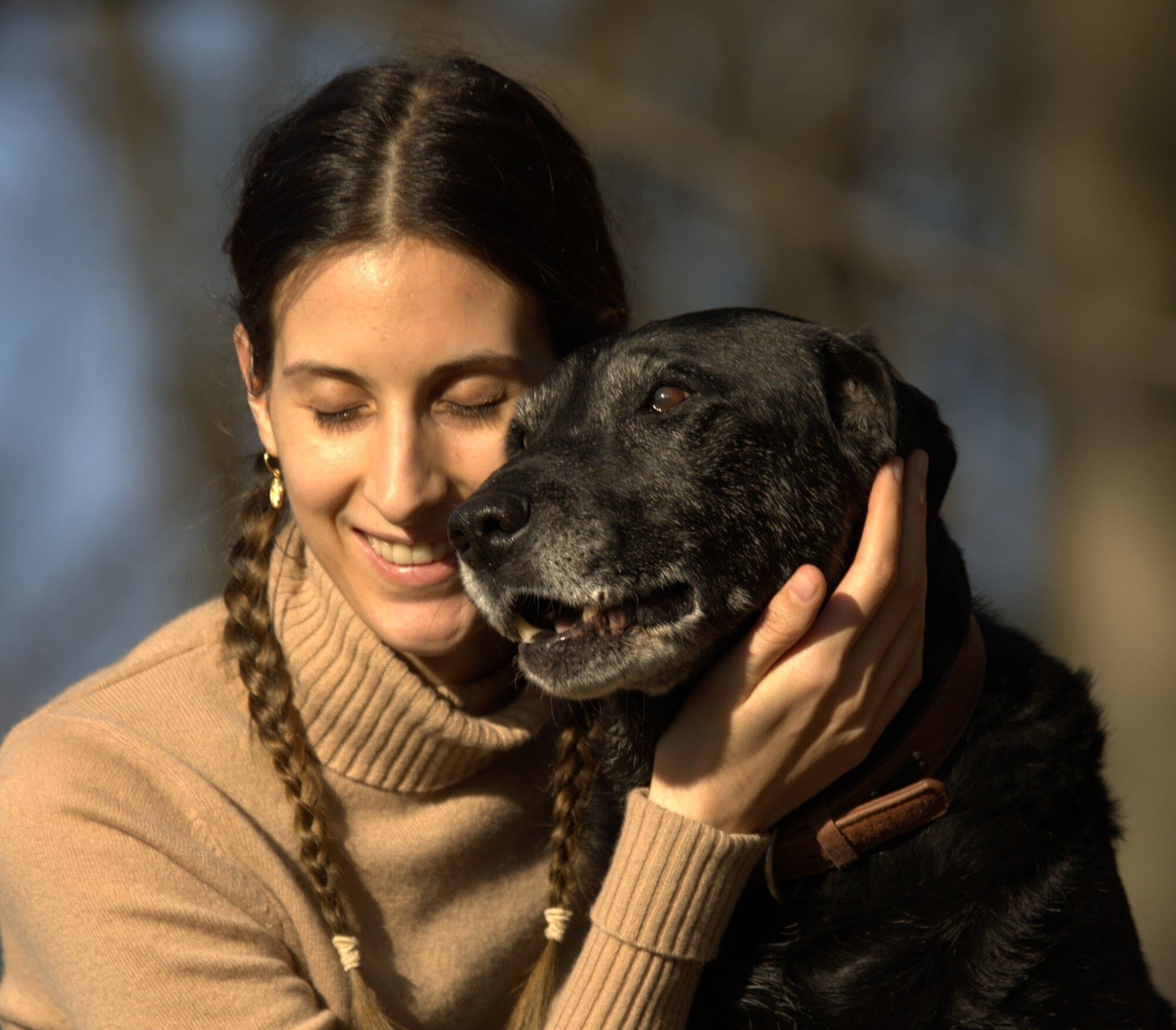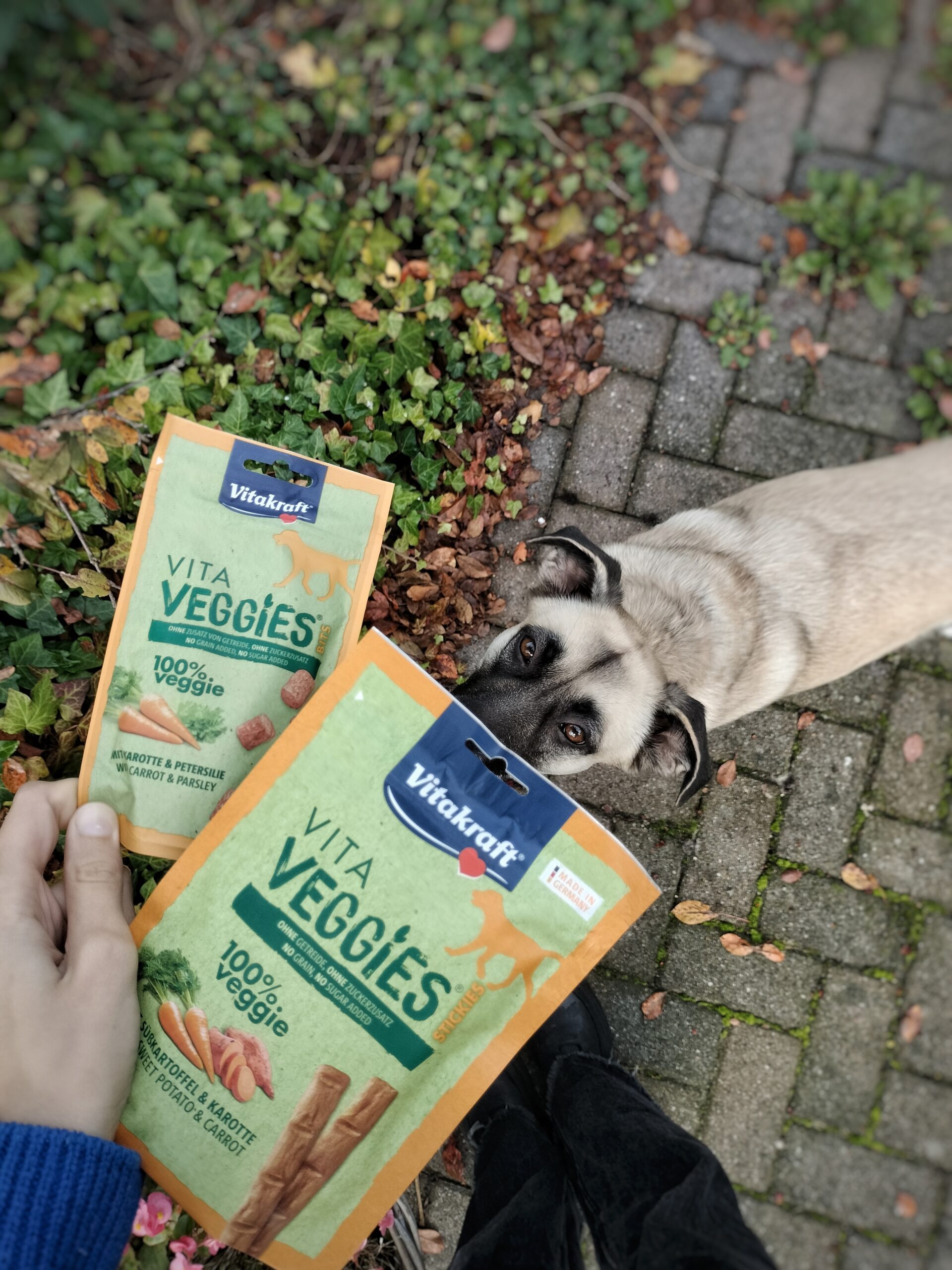Home / 3 Foods Proven To Prevent And Fight Cancer In Your Dog

3 foods proven to prevent and fight cancer in your dog!
03/10/2024
6 minutes
Author: Claire Lucie
Cancer is the main cause of mortality in dogs, with over 6 million new cases diagnosed each year. It also constitutes one of the most frequent illnesses in dogs, with two out of every three canines developing cancer throughout their lifetimes.
While limiting your dog’s intake of processed foods and ensuring your dog has a healthy and balanced gut microbiome is essential for lowering your dog’s cancer risks, there are specific whole foods that have been scientifically proven to be effective in lowering cancer risk and fighting existing cancer that you can give to your dog on a daily basis, regardless of the diet they are on.
Blueberries
Blueberries are a wonderful superfood for your dog’s health, and regardless of what diet your dog follows, fresh wild blueberries should be incorporated on a regular basis!
Scientists have discovered that blueberries have a lot of characteristics that can help prevent cancer in healthy dogs as well as helping fight existing cancers:
-
- The cancer-fighting agents found in blueberries include anthocyanosides and resveratrol.
-
- “Some of the mechanisms by which blueberries have been shown to prevent carcinogenesis include inhibition of the production of pro-inflammatory molecules, oxidative stress and products of oxidative stress such as DNA damage, inhibition of cancer cell proliferation and increased apoptosis.”
-
- Studies demonstrate that when radiation therapy is paired with
blueberry extract, cancer cells are decreased by 70% - ” While radiation therapy alone reduced the number of cancer cells by 20 percent, the blueberry extract alone led to a 25 percent reduction in cancer cells.” ( source )
- Studies demonstrate that when radiation therapy is paired with
How do you figure out the best way to give blueberries to your dog?
If your dog does not have cancer, wild blueberries are the best option; simply add a portion of 5% of the total weight of your dog’s meal, 3 to 5 times a week.
If your dog likes it, wild blueberry powder may also be utilised, at a dosage of 1 teaspoon up to 4 times a week. For your dog to benefit from anti-cancer (and other advantages), wild blueberries must be used, since their benefits are far greater.
If your dog already has cancer, I suggest administering a wild blueberry powder from a trustworthy brand (Vimergy for example). A suitable dose is two teaspoons per day, either with a meal or diluted with water.
Tomatoes
Yes, dogs can eat tomatoes. The red fruits have several health advantages, including cancer-fighting qualities! And here is why:
-
- Tomatoes are a major source of lycopene, which has been shown to lower the risk of prostate cancer.
-
- The cancer-fighting properties of lycopene have been confirmed by 72 studies on both humans and animals.
-
- The reported mechanisms of lycopene action in vivo included regulation of oxidative and inflammatory processes, induction of apoptosis, inhibition of cell division, angiogenesis, and metastasis formation. (study)
-
- Tomatine is a glycoalkaloid that is found in tomatoes, supporting the body’s regulation of the cell cycle so that it can kill cancer cells.
Tomatine was found to be a strong inhibitor of growth for both colon and liver cancer cell lines. (source)
- Tomatine is a glycoalkaloid that is found in tomatoes, supporting the body’s regulation of the cell cycle so that it can kill cancer cells.
How can you safely offer tomatoes to your dog?
Tomatoes are safe and beneficial to dogs, but only under specific conditions.
-
- Green and unripe tomatoes are poisonous to dogs and should not be fed!
-
- Before giving your dog tomatoes, remove the leaves and stem, as both are extremely harmful to dogs.
Chop the tomatoes into bite-sized pieces and add them to your dog’s meals up to three times a week.
To guarantee that your dog receives the most benefit from the tomatoes, feed them raw and uncooked.
Every variety of tomatoes are safe for dogs, as long as they are ripe
Never offer your dog human foods containing tomato, tomato paste, or tomato sauce since they may include sugar, unripe tomatoes, and other components that are highly hazardous to your dog.
Kale
If you had to add a special fresh food to your dog’s diet, this would be it! Kale, like Spirulina, Chlorella, and other nutrient-dense foods, is considered a superfood due to its remarkable nutritional content.
It comes as no surprise that Kale has cancer-prevention and cancer-fighting qualities.
Belhaven University Professor of Biology Dr. Elizabeth, is studying the cancer-killing effects of Kale. The University’s team is revealing preliminary data that shows a low concentration of kale juice can actually kill a type of liver cancer cell.
Rather than focusing on specific molecules in Kale by isolating them, Dr Elisabeth’s team is “studying the effects of whole forms rather than trying to isolate bioactive compounds to discover potential drug therapies.” (1)
Kale is a rich source of organosulfur compounds, which have been shown to reduce the risk of many cancers, especially one of the most deadly forms, colon cancer.
The cancer-protective compounds in kale have thus been the subject of intense research, particularly their role in blocking the growth of cancer cells and inducing cancer cell death (apoptosis).

Claire Lucie Sonck
The science of plant-based nutrition for dogs
Certified, CMA-registered canine nutritionist;
Founder The Vegan Dog Coach;
Instagram : @thevegandogcoach
Contact : [email protected]
About the author
Claire Lucie is a UK-certified canine nutrition coach, founder of The Vegan Dog Coach, and a member of the prestigious Complementary Medical Association. Her mission is to improve the health and longevity of 100 million dogs worldwide by promoting a plant-based diet, based on the latest insights in nutrition and canine health. Over the past two years, she has dedicated her life to studying more than 250 scientific studies on the impact of nutrition on the health and longevity of dogs!
Visit www.thevegandogcoach.com for free resources, consultation, and professional guidance in plant-based canine nutrition, inspiring testimony from plant-based dogs and vets, free recipes, and all the science behind your dog’s plant-based diet and nutrition.
Disclaimer
This material is intended for educational purposes only. No information in this present article, regardless of date, should ever be used as a substitute for direct veterinary advice from your veterinarian or other qualified canine health professional.
The vegan dog coach, Claire Lucie Sonck, VegaVriend, and their respective employees or collaborators cannot be held liable for any losses, injuries, or damages resulting from the use of any information contained in the present article.







